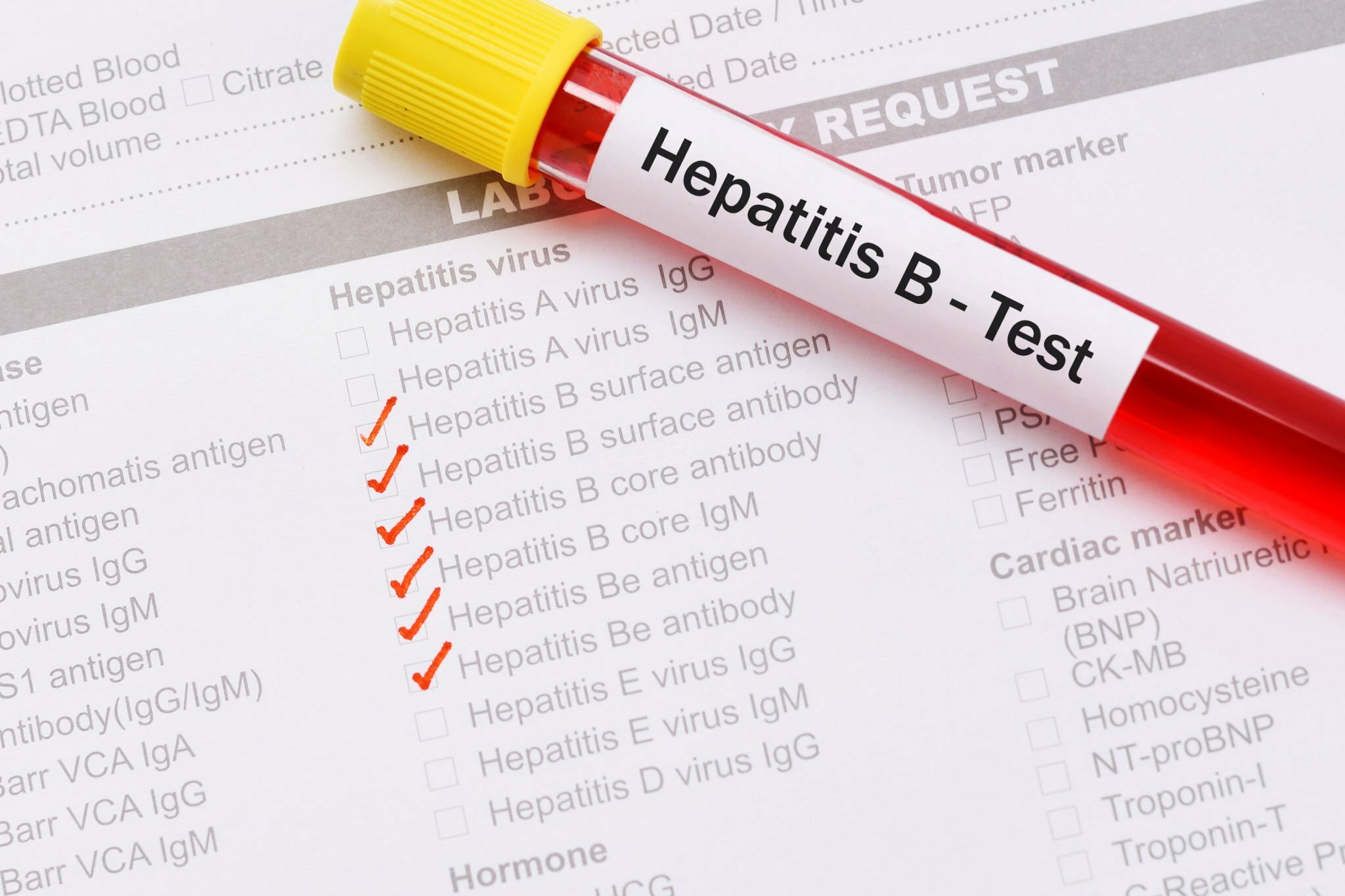Description
Hepatitis B virus (HBV) testing is a vital component of healthcare strategies aimed at combating the prevalence and impact of Hepatitis B infection. This testing regimen holds paramount importance in the medical community due to its multifaceted role in the detection, classification, and management of HBV disease. Hepatitis B is a potentially life-threatening liver infection caused by the HBV, and timely and accurate testing is essential for early diagnosis and intervention.
Hepatitis B Surface Antigen (HBsAg) Test:
The HBsAg test is a cornerstone in the arsenal of HBV diagnostic tools. This blood test is designed to measure the levels of Hepatitis B surface antigen present in the bloodstream. HBsAg is a protein that becomes detectable in large quantities during the acute phase of HBV infection and can persist in the blood for approximately 1-5 weeks post-infection. A positive result from this test indicates a higher likelihood of Hepatitis B transmission or active infection, warranting further investigation and appropriate management strategies.
Hepatitis B Panel:
Comprising a comprehensive set of tests, the Hepatitis B panel offers invaluable insights into a patient’s HBV status. This panel typically consists of four essential components, each playing a distinct role in providing a comprehensive assessment of the infection. By amalgamating the results of these tests, clinicians can obtain a clearer picture of the patient’s HBV status, facilitating more informed decision making regarding treatment and follow-up care.
Extended Hepatitis B Profile:
In addition to the core components of the Hepatitis B panel, an extended profile delves deeper into the nuances of HBV infection. This expanded profile encompasses an array of antibodies generated by the body’s immune system in response to Hepatitis B infection. Among these antibodies are the Hepatitis Surface Antibody (anti HBs), Hepatitis Surface Antigen (anti HBsAg), and Hepatitis B Core Antibodies (anti HBc), each providing valuable information about the patient’s immune response and infection history.
Transmission and Prevention of HBV:
Understanding the routes of HBV transmission is imperative for effective prevention strategies. HBV is primarily transmitted through exposure to infected blood or bodily fluids, such as during unprotected sexual contact, sharing contaminated needles, or perinatal transmission from an infected mother to her child. However, HBV is also a vaccine-preventable infection, highlighting the importance of vaccination programs in reducing the burden of disease and preventing future infections.
Anti HBsAg Antibody Test:
The anti-HBsAg antibody test serves as a critical indicator of immunity to Hepatitis B. These antibodies confer protection against the virus, reducing the risk of subsequent infection. However, the presence of multiple HBV genotypes and the potential for breakthrough infections necessitate ongoing vigilance and periodic testing to assess the durability of immunity and the need for booster vaccinations.
Anti HBcAg IgM Antibody Test:
Detection of IgM antibodies to Hepatitis B core antigen provides valuable insights into recent exposure to HBV. A positive result indicates acute infection or recent exposure to the virus, prompting further evaluation and monitoring to assess the progression of the disease and inform treatment decisions. Similarly, measurement of IgM antibodies to Hepatitis B e-antigen offers valuable diagnostic information regarding recent HBV exposure. A positive result indicates recent infection or exposure to the virus, prompting clinicians to initiate appropriate interventions and preventive measures to mitigate the risk of transmission and disease progression.
Anti HBc Antibody Test:
The anti HBc antibody test evaluates the presence of antibodies to Hepatitis B core antigen, serving as an indicator of recent exposure to HBV or past infection. This test plays a crucial role in determining the patient’s infection status and guiding clinical management decisions, including the need for further testing, monitoring, or treatment interventions. Hepatitis B virus testing encompasses a comprehensive array of diagnostic tools aimed at detecting, classifying, and managing HBV infection. These tests provide valuable insights into the patient’s infection status, immune response, and risk of disease progression, enabling healthcare providers to deliver personalized care and interventions tailored to individual patient needs.




Reviews
There are no reviews yet.